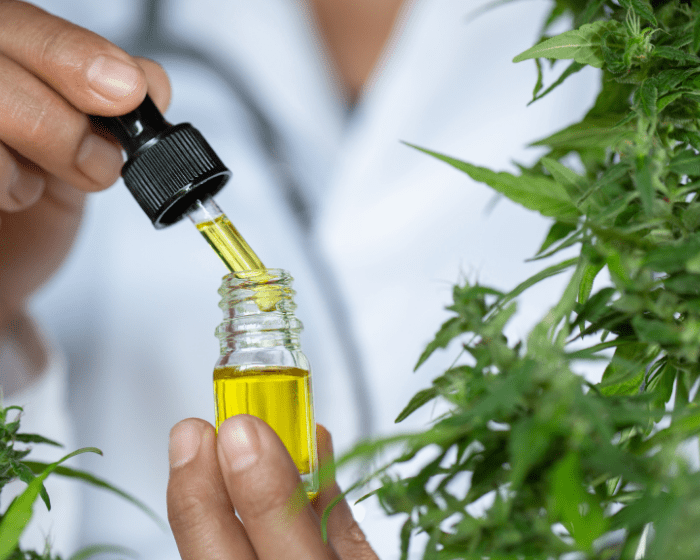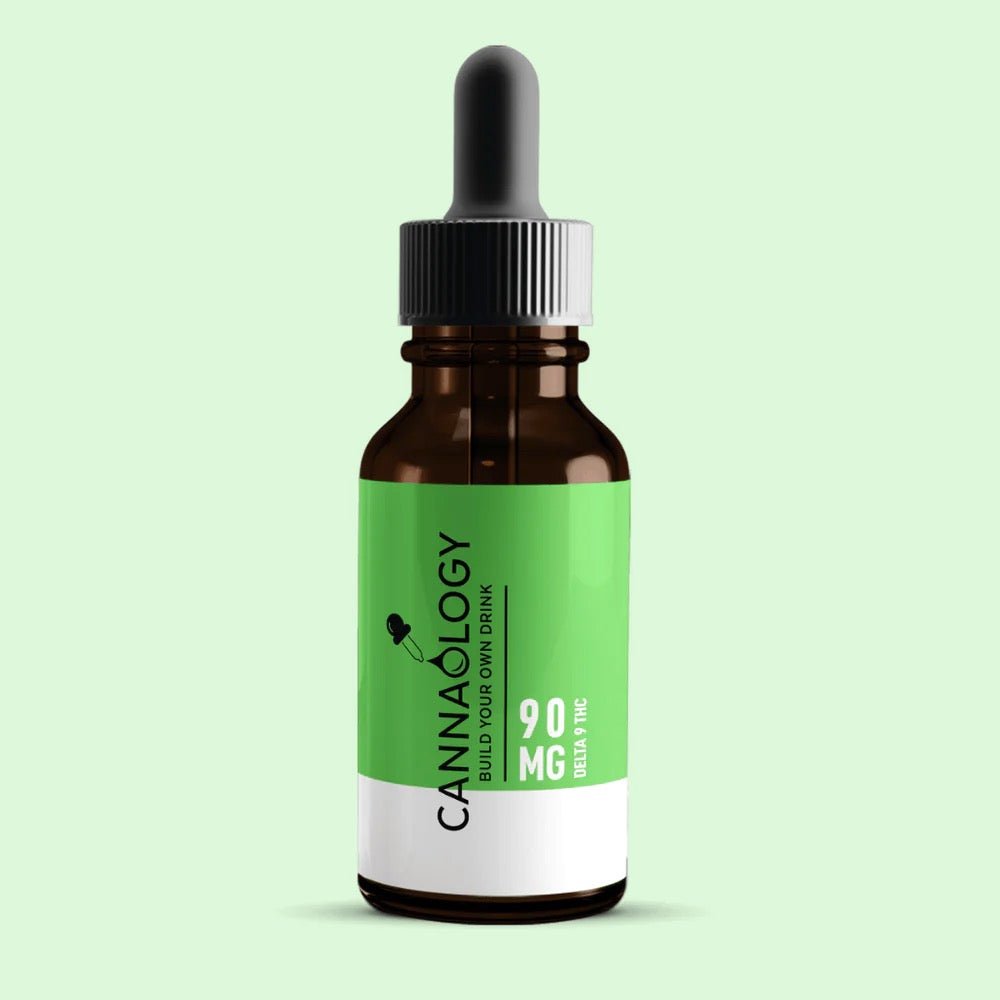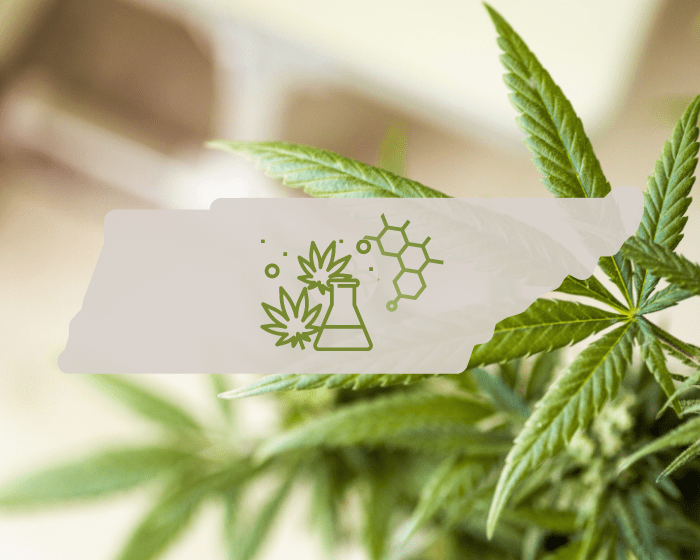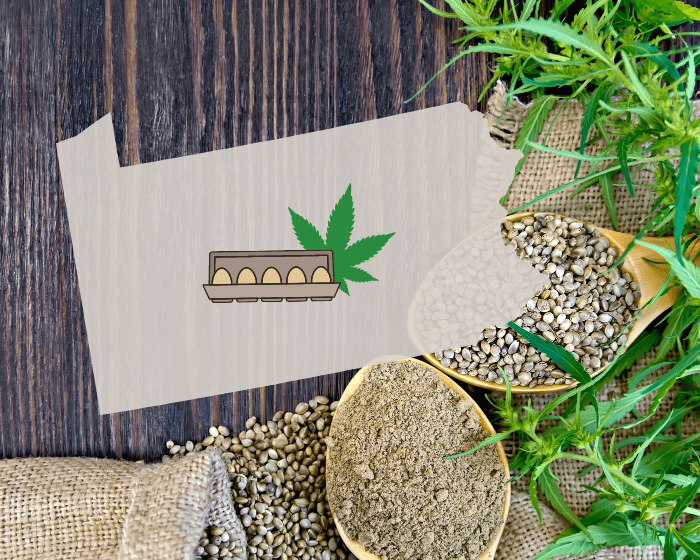
Researchers at Oregon State University have identified two compounds in hemp that prevent SARS-CoV-2 (the virus that causes Covid-19) from entering human cells, according to a study published in the Journal of Natural Products.
The study’s authors specified that the potential use of these compounds should be seen as a complement to vaccines rather than an alternative.
Led by Richard van Breemen — a pharmacologist with Oregon State’s Global Hemp Innovation Center, College of Pharmacy and Linus Pauling Institute — the research team found two cannabinoid acids that bind to the SARS-CoV-2 spike protein: cannabigerolic acid, or CBGa and cannabidiolic acid, CBDa.
When CBGa and CBDa bind to the spike protein, they prevent that protein from binding to the ACE2 enzyme, which is abundant on the outer membrane of endothelial cells in the lungs and other organs.
In other words, by binding to the spike protein, these compounds stop the virus from entering cells, thereby blocking an essential step in the process of infection and replication.
By binding to the spike protein, CBGa and CBDa stop the virus from entering cells, thereby blocking an essential step in the process of infection and replication.
Results suggested that CBGa and CBDa were effective against Alpha and Beta variants of SARS-CoV-2 (variant B.1.1.7 and B.1.351, respectively). The Delta and Omicron variants did not appear to be part of the study.
Van Breemen said resistant variants could hypothetically evolve in response to widespread use of cannabinoids, but that the combination of vaccination and CBDa/CBGa treatment would create a more challenging environment for SARS-CoV-2.
CBDa and CBGa are precursors to CBD and CBG — not identical compounds — and are contained in relatively few hemp products. Although these cannabinoid acids are rare on the market today, the researchers noted their potential.
“Orally bioavailable and with a long history of safe human use, these cannabinoids, isolated or in hemp extracts, have the potential to prevent as well as treat infection by SARS-CoV-2,” they wrote.
“Orally bioavailable and with a long history of safe human use, these cannabinoids, isolated or in hemp extracts, have the potential to prevent as well as treat infection by SARS-CoV-2.”
— Study authors Richard van Breemen, Ruth N Muchiri, Timothy A Bates,
Jules B Weinstein, Hans C Leier, Scotland Farley, Fikadu G Tafesse
Van Breemen also pointed out that CBGa and CBDa have no psychotropic effect.
“These cannabinoid acids are abundant in hemp and in many hemp extracts,” he said in a press release. “They are not controlled substances like THC, the psychoactive ingredient in marijuana, and have a good safety profile in humans.”
Van Breemen’s team screened a range of botanicals used as dietary supplements including red clover, wild yam, hops and three species of licorice.
A compound in licorice, licochalcone A, also appears promising but the group would need additional funding for further research.
The cannabinoid-acid study has been widely reported by news outlets including Portland-based KGW8, the San Francisco Bay Area’s KRON4, KSAT out of San Antonio, and the industry news site Hemp Industry Daily.







































